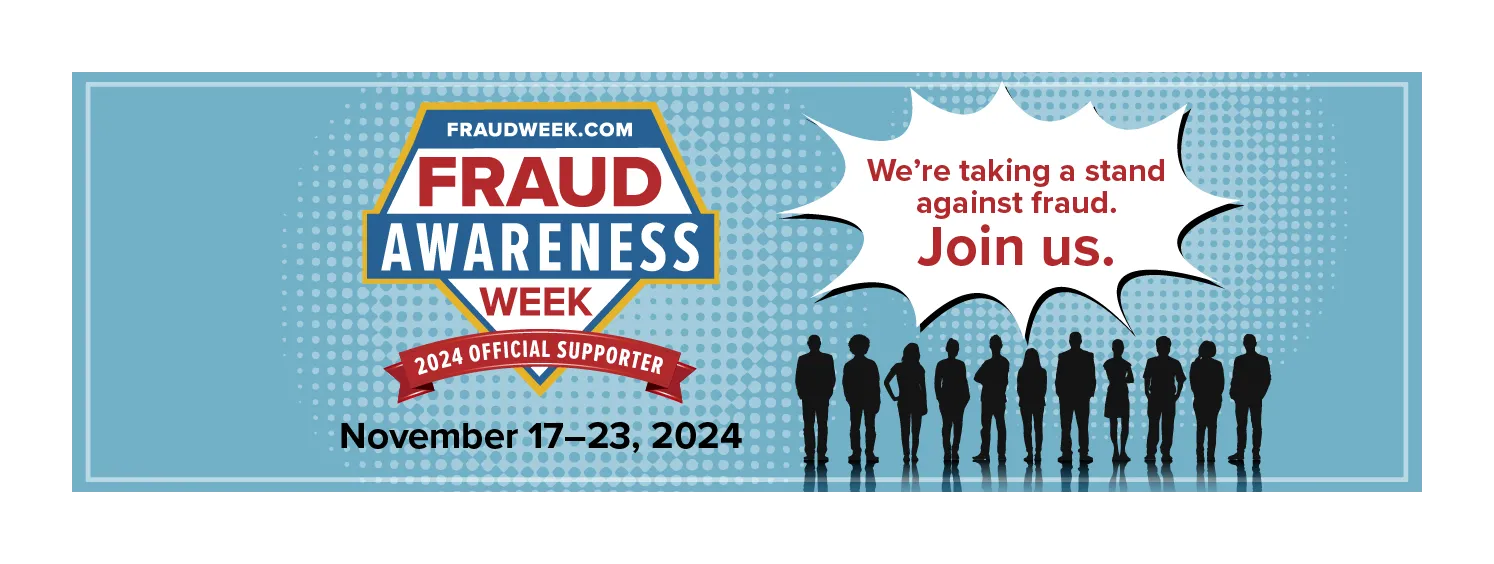Cryptocurrency scam threats continue to grow and are now the preferred payment method for fraudsters. According to the Federal Trade Commission in 2022, cryptocurrency was the most common payment method for fraudulent activity, with approximately $2 billion in transfers. Here’s an overview of cryptocurrency fraud and important tips on how to help protect yourself and your family.
What is cryptocurrency?
- Cryptocurrency is a digital currency, which is decentralized, or not controlled by a government or traditional financial institution.
- Cryptocurrency is used as an alternative form of payment or a speculative investment into different types of coins, which change value based on the cryptocurrency investment market.
- Cryptocurrency uses blockchain technology, which is a ledger distributed across a large computer network that supports and determines cryptocurrency ownership.
How do I recognize various cryptocurrency scams?
- Cryptocurrency is attractive to fraudsters due to the decentralization of cryptocurrency. With lack of oversight by a central authority it is difficult to stop these suspicious transactions.
- Transactions are difficult for individuals and law enforcement to recover when fraud occurs, as transactions are often not reversible. Buyers and sellers transact through cryptocurrency “wallet addresses” rather than names and addresses like traditional banking transactions.
- Cryptocurrency has become a preferred payment method of choice used in traditional scams. Some of these scams include fake investment opportunities, phishing scams from spoofed websites of legitimate cryptocurrency platforms or exchanges, and even Ponzi schemes.
- Many scams are perpetrated on social media, including fraudulent cryptocurrency investment offers and engagement with fake or compromised accounts. Another common scam is the “Romance Scam”, where victims are targeted on dating apps and convinced to invest in cryptocurrency through a website or app under the scammer’s control.
How can I avoid and help protect myself from cryptocurrency scams?
- Thoroughly research before investing or participating in any cryptocurrency-related opportunities.
- Be skeptical of promises of guaranteed profits or high returns.
- Only use reputable and trusted cryptocurrency exchanges and wallets.
- Keep your personal information and login credentials secure.
- Be cautious of unsolicited offers, especially those received through email or social media.
- Be vigilant for phishing attempts and never share sensitive information with unknown or untrusted sources.
Remember, if an investment sounds too good to be true, it probably is – especially if it is an unsolicited investment offer. Always err on the side of caution and seek further assistance from trusted sources, including your financial institution, before transferring funds. Stay informed about cryptocurrency scams – more information about these and similar scams can be found on the Fraud Protection page.







